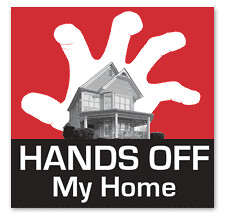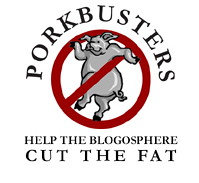Economics 101
From Foxnews.com
What Mr. Nayak and the Senators that added the tax increase into that bill fail realize is that Oil Companies shouldn't have to pay more for an example of simple economics. Supply and Demand - the market price of a good or service is based on it's demand and supply. Oil refineries and oil rigs where closed down = drop in supply People heading out of the region to get away from the storm = rise in demand People heading into the region to repair damage and provide aid = rise in demand A negative shift in supply and a neatral to postive shift in demand, means that the price should go up. Therefore price gouging -yes, that is how it is spelled-, did not take place. Without the rise in gas prices in the wake of the Katrina, gas shortages would have been much worse. In a free market system, there is no price gouging. The producer/seller can and should sell their products for whatever price they wish. It's the buyer that decides on whether or not to pay for the good or service at that price. So in the aftermath of Katrina should gas prices have spiked like they did? Yes. In the weeks since then should prices be dropping? Yes. Supply is back up and demand is normal -till Thanksgiving- so prices are droping from the years high -almost $1 here. Another economic mechanicism to look at is the difference between profit and profit margin. From Investopedia.com profit = total earnings less expenses. profit margin = A ratio of profitability calculated as gross earnings divided by revenues (or, said another way, gross profits divided by sales). It measures how much out of every dollar of sales a company actually keeps in earnings. Just because the oil companies have the highest profits ever in the aftermath of Katrina, that doesn't mean that the they made any more money then usual. If their profit margin stayed the same, then they made the same amount of money per gallon as usual. As their costs went up the move the price of gas up. Now if their costs went up fasting then the they raised the price of gas, the profit margin shranked and they made less money per gallon. Regardless of how much money oil companies made, I don't not feel it is any politician's right to deny them their profits. And if the sentors want to sneak it into a bill hoping to get it passed, then regardless of who that bill may help, I hope it is vetoed. |
posted by David at 2:55 AM :: Permalink














Comments on "Economics 101"
post a comment